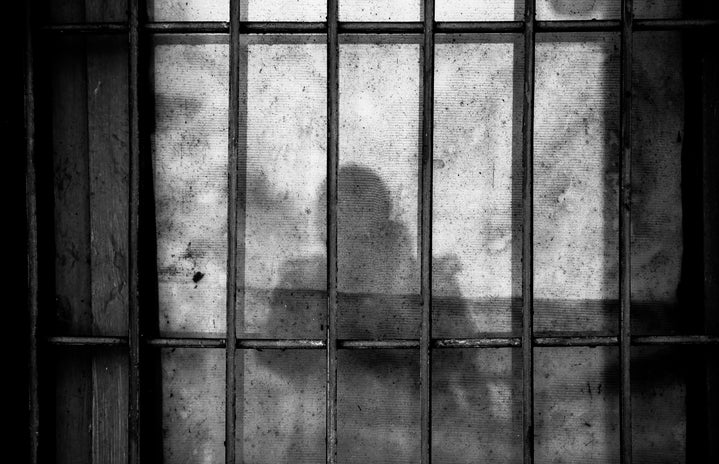*** Trigger Warning: Mentions of Death, Rape, Murder, and Cannibalism
–
–
–
Jeffrey Dahmer is one of the United States’ most prolific serial killers. He murdered and cannibalized 17 men and boys between 1978 and 1991. Most people know who he is, but choose not to acknowledge him. Others are obsessed with the gory details of his life. But the new Netflix documentary, Dahmer, has even a true crime fan like myself feeling conflicted.
The Documentary
Dahmer isn’t the first docu-film to be made on Jeffrey Dahmer, but it has become Netflix’s biggest series debut on record with 196.2 million viewing hours during its first week on the platform. This may have been due to Evan Peters’ starring role in the show, combined with rising interest in true crime from TikTok and YouTube.
Some argue that casting Peters further glorified Jeffrey Dahmer, as some viewers have a hard time separating the actor from the criminal himself. There has also been controversy over TikToks about the show, with some claiming the graphic scenes didn’t bother them, or making fan edits of Dahmer in the process.
The documentary is meant to be told from the victims’ perspectives, but heavily focuses on Dahmer’s early life. While some scenes depict the inequalities within the justice system, such as Dahmer getting away with the sexual assault of a 13 year-old boy and having his record cleared simply for being a “young man with a whole life ahead of him,” it’s understandable that viewers are upset with the show’s reception.
Why It’s Problematic
The majority of Jeffrey Dahmer’s victims were Black or People of Color. Some claim his crimes were not racially motivated because he chose his victims based on their beauty, but the fetishization of colored people still contributes to racism by perpetuating physical stereotypes. He also moved into a poor neighborhood where mainly Black residents lived, which is how he found many of his victims.
The series re-traumatized the victims’ families as well, especially the loved ones of Tony Hughes, a deaf and mute Black man that Dahmer dated before brutalizing him. Hughes was an aspiring model and often went clubbing with his other deaf friends. That’s where he met Dahmer, communicating with him through a notepad.
Tony’s story is heartbreaking in so many ways. His friend was murdered shortly before his own death, and finding a community as a Black and gay disabled man was extremely difficult. His family was tight-knit and supportive; Tony’s sister even named her son after him. The series highlights his life and aspirations in such detail, yet all some viewers remember is Evan Peters’ appearance.
My Opinion
I have been an avid true crime fan for three years now, and along the way I’ve learned the proper etiquette for consuming and producing this content. Gory details should only be highlighted if they are relevant to the case itself, and victims’ lives should be explained in detail before giving background information on the killer.
However, not all content creators or viewers are respectful. People make edits of serial killers and fantasize about being with them, while others create insensitive videos with over-the-top thumbnails and fail to even put the victims’ names in the title.
Dahmer is another example of a white man beating the system that has been set up for him to succeed within. These monsters don’t deserve to be glorified or infamized; isn’t that what many of them wanted anyways? Instead, the public should be educated on these topics to better protect themselves and make strides toward mental health treatment.
I consume this content frequently, but I also take frequent breaks from it. I like to know the signs of a deviant person so I can stay safe, especially going to school in Boston. But I also like seeing unheard and unsolved cases gain traction online, especially when some are solved from the content posted about it.
Crime will always be profited off of, whether it’s within our justice system or the entertainment industry. However, we do not have to blindly consume media just because it’s popular. We need to establish boundaries around our watching habits, especially with dark topics such as true crime. This community has given people a lot, and it can also take a lot from them; it’s how we choose to use this power that makes all the difference.


